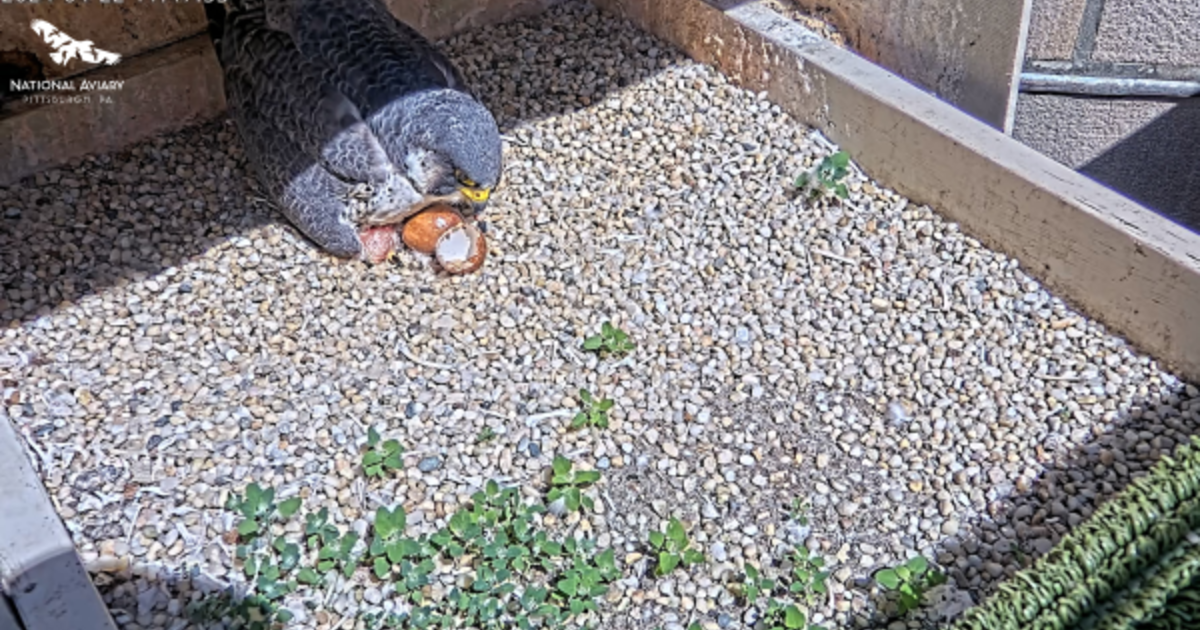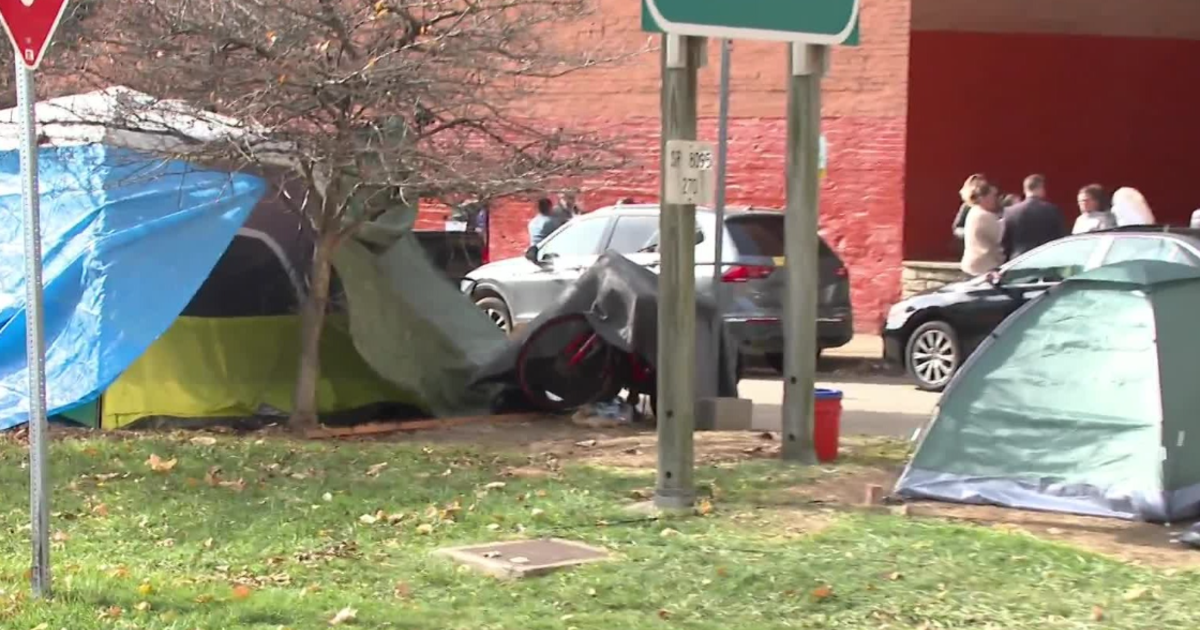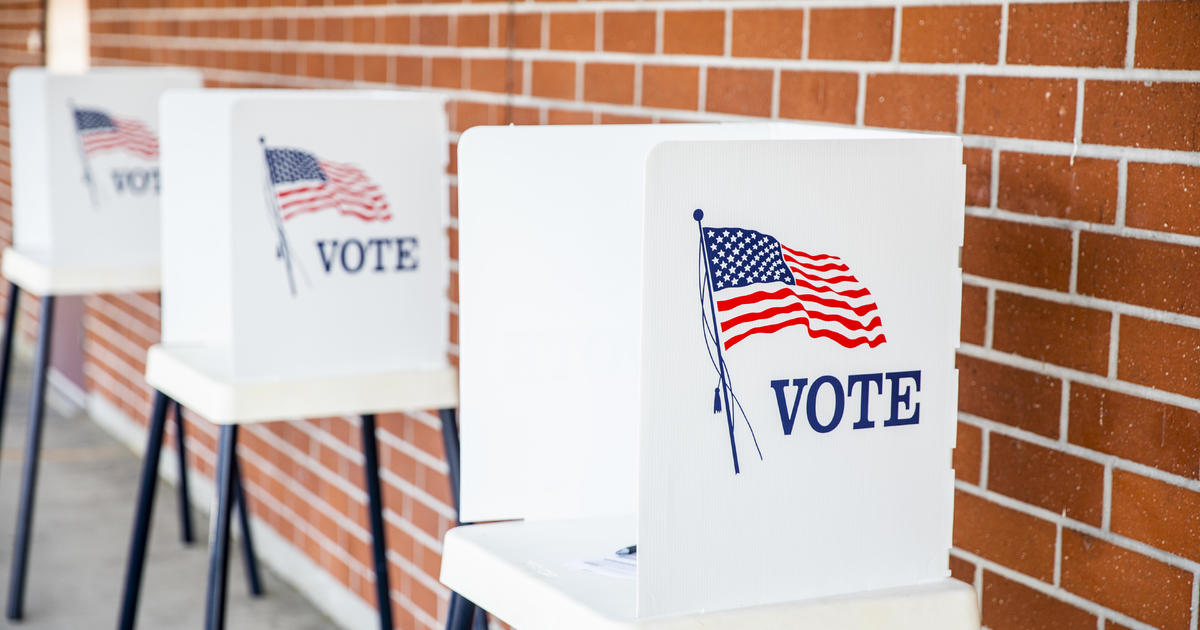Researchers Look To Early 2021 For Clinical Trials Of Pitt's Coronavirus-Attacking Antibody
PITTSBURGH (KDKA) - Researchers expect clinical trials for a drug that could both treat and prevent coronavirus to begin at the start of 2021.
To date, an antibody discovered by Pitt researchers is the smallest molecule to completely and specially neutralize the virus that causes COVID-19. It's been used to construct a drug for use against the virus.
"The small size means that we can treat or prevent infection in more people because we need less of it," says University of Pittsburgh researcher, Dr. John Mellors, the chief of the Division of Infectious Diseases at UPMC. "And this is extremely potent, so we should be able to have a greater impact."
Other scientists note Pitt's development of a tiny coronavirus-attacking antibody called Ab8.
"It's not a vaccine, but it's probably the next best thing in the sense that it provides an antibody, a neutralizing antibody," says Dr. Calman Prussin, vice president of Clinical and Translational Medicine, Knopp Bioscience, who was not involved in the Pitt research.
It's the kind of antibody that keeps the virus from infecting you.
The Pitt researchers found this reactive segment of antibody using coronavirus spike proteins as bait in a sea of antibodies. They attached this fragment to part of a full sized immune protein, so it has COVID fighting power without added heft.
"It's about half the size of a full-sized antibody," says Dr. Mellors.
"It's a much simpler molecule," says Dr. Prussin, "So it's easier in terms of production."
Because Ab8 is lightweight, a shot or a nasal spray might be possible instead of an IV, as antibodies are typically given.
Its ability to neutralize the novel coronavirus in mice and hamsters is an important first step.
"Clinical trials require FDA approval, and a timeline, to be brief, is the start of 2021 to manufacture, do safety assessments and other animals, to get FDA approval, and to register and enroll clinical trials," Dr. Mellors explains.
"You can't do virus challenges on humans, so how you actually show efficacy in humans is going to have to be somewhere where people are being exposed in high numbers," Dr. Prussin points out.
And the cost?
"Ab8 should not be a greater expense to produce," says Dr. Mellors.
"To make it is not that much. The cost of the clinical trial itself is quite a bit," says Dr. Prussin.
There are two other issues that need to be worked out. One: how do you get it to people early when it's most likely to work when symptoms may not be that prominent?
And two: how long will it last in the human body? It could degrade more quickly or less quickly than natural antibodies.



